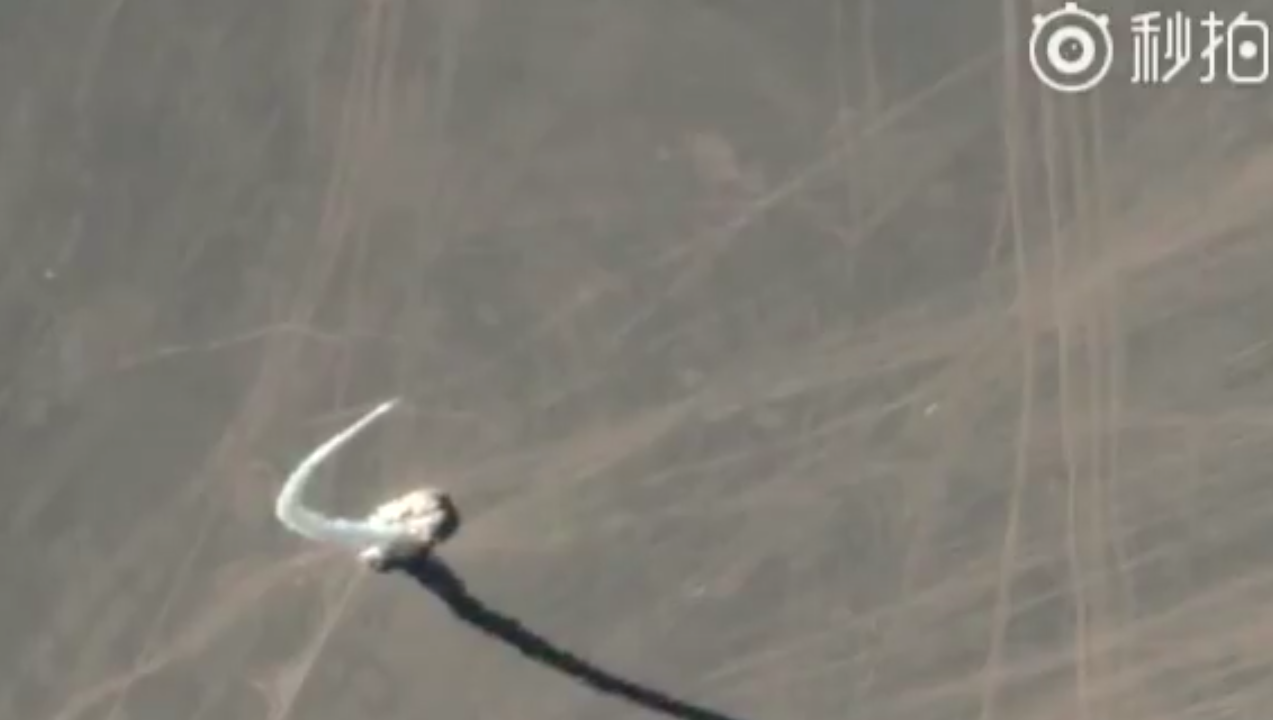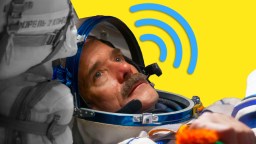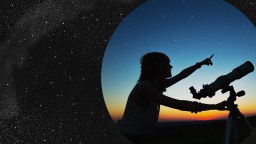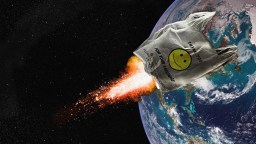Hard Science
All Stories
Also known as the “Halloween Comet,” a 2,000-foot-wide asteroid is expected to pass Earth on November 11.
Flat Earth theory has enjoyed staying power since at least the 19th century despite being patently untrue. Neil deGrasse Tyson, the late Carl Sagan, Bill Nye the Science Guy, and other big thinkers will show you how to disprove this bad idea, all without having to take a journey into space.
Break out your prospecting gear and space suit.
It’s a record magnetic field, but… yeah. That didn’t last long.
A classic experiment gets an update that contradicts key assumptions of quantum mechanics.
Scientists have grown a model human esophagus using pluripotent stem cells for the first time.
A survey conducted at the Joint Multi-Conference on Human-Level Artificial Intelligence shows that 37% of respondents believe human-like artificial intelligence will be achieved within five to 10 years.
Hello, tipping point.
NASA scientists have discovered three factors that influence Earth’s rotational wobble. Thankfully, while the Earth may wobble, it won’t fall down.
The contestants would try to reach the end of the world, as they understand it.
At least he wasn’t burned at the stake, right?
New insights into the role of water vapor may help researchers predict how the planet will respond to warming.
Our experience of time may be blinding us to its true nature, say scientists.
Cryovolcanoes that eject ice instead of magma have been confirmed to exist on Ceres, which will help studying this formation on other planets and moons throughout the solar system.
Scientists think constructing a miles-long wall along an ice shelf in Antarctica could help protect the world’s largest glacier from melting.
It’s a development that could one day lead to much better treatments for osteoporosis, joint damage, and bone fractures.
Gut bacteria play an important role in how you feel and think and how well your body fights off disease. New research shows that exercise can give your gut bacteria a boost.
Through computationally intensive computer simulations, researchers have discovered that “nuclear pasta,” found in the crusts of neutron stars, is the strongest material in the universe.
A groundbreaking new study shows that octopuses seemed to exhibit uncharacteristically social behavior when given MDMA, the psychedelic drug commonly known as ecstasy.
It deploys nets to capture useless space junk.
Overspeciliazation may be hampering progress in the context of higher education and scientific research.
The billionaire is also inviting eight artists along with him. It would be the first time a civilian crew has participated in a mission to the moon.
Research shows that the way math is taught in schools and how its conceptualized as a subject is severely impairing American student’s ability to learn and understand the material.
Maybe try counseling first before you try this, married folks.
Colonel Chris Hadfield talks to us about the formalities that astronauts have to use, and how it can help us here on earth.
▸
3 min
—
with
The universe is a huge place, inconceivably vast. And it can make even the most brilliant minds feel very, very small.
▸
4 min
—
with
Trash on earth is pretty bad. But space trash is at a whole other level.
▸
with





























